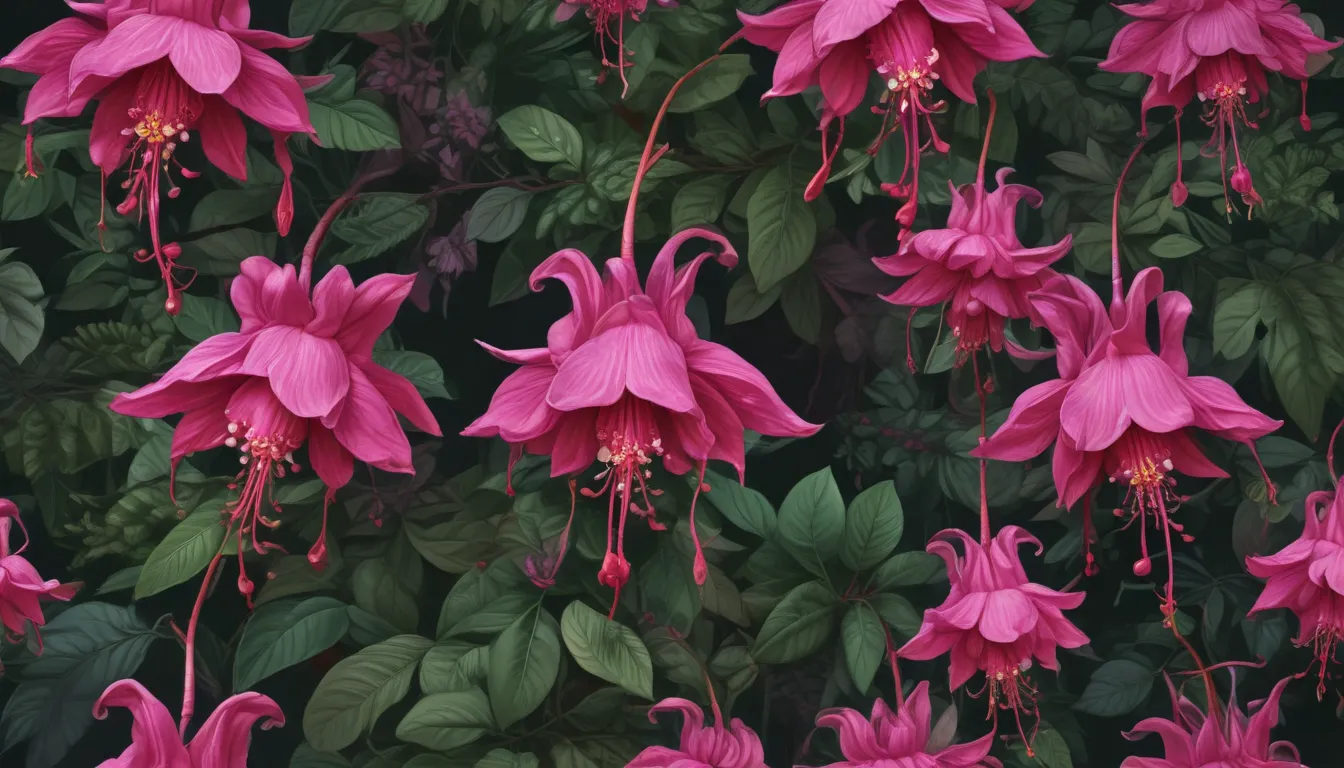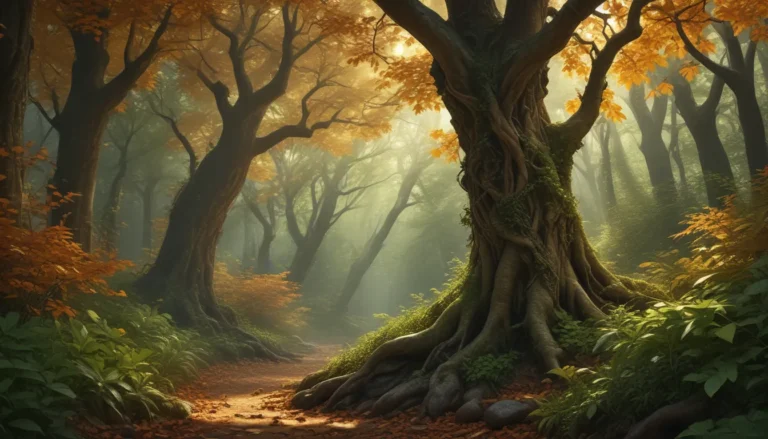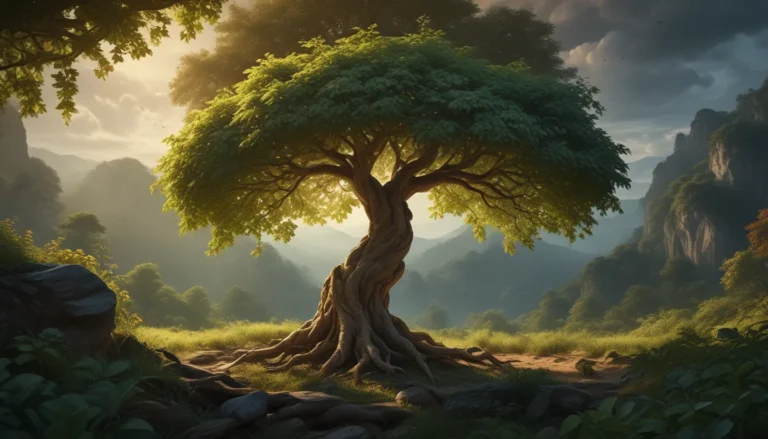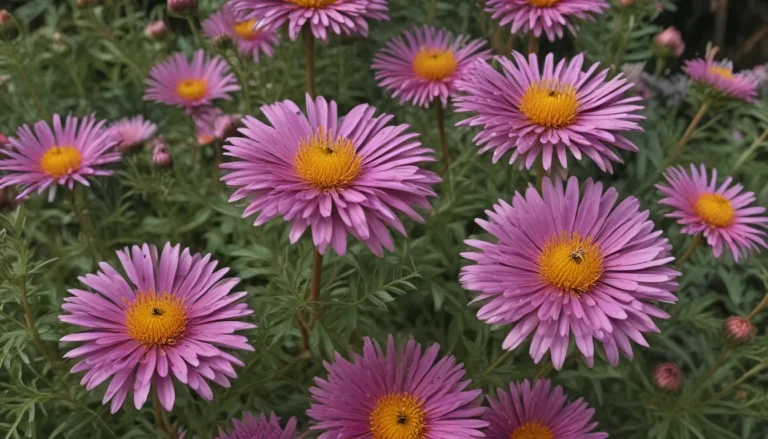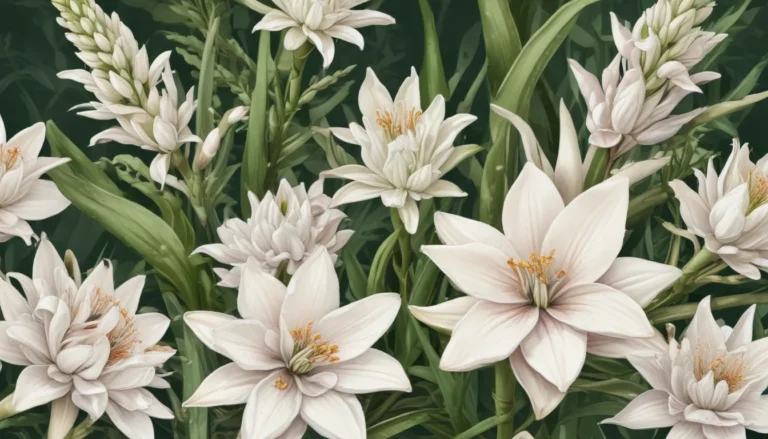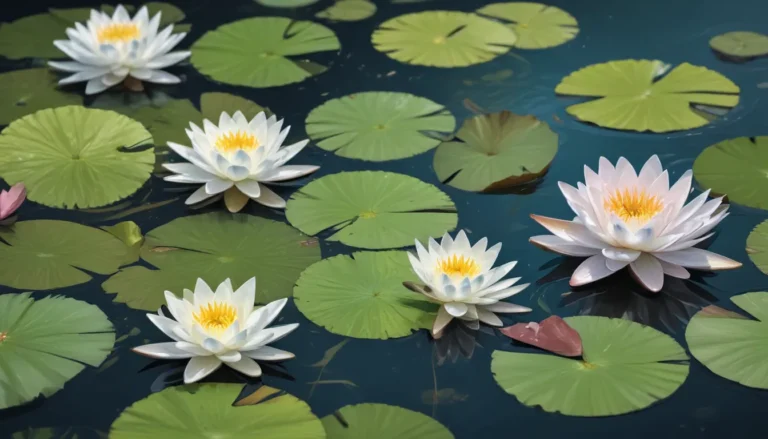The pictures we use in our articles might not show exactly what the words say. We choose these pictures to make you interested in reading more. The pictures work together with the words but don’t take their place. The words still tell you the important facts.
Have you ever stopped to appreciate the vibrant and stunning beauty of fuchsia plants? These unique flowers come in shades of pink, purple, and red, captivating gardeners and plant enthusiasts worldwide. While fuchsias are commonly admired for their decorative appeal, there is so much more to these botanical wonders than meets the eye. In this article, we will delve into the fascinating world of fuchsia plants, uncovering ten surprising facts that will deepen your appreciation and understanding of these mesmerizing blooms.
The Fascinating World of Fuchsia Plants
When you think of fuchsia, you likely envision a colorful flower. But did you know that fuchsia is a unique genus of flowering plants known for their exotic blooms? These stunning flowers come in a variety of vibrant colors, making them a popular choice for gardens and landscapes around the globe.
Fuchsia’s Global Presence
Although fuchsia plants are native to Central and South America, they have spread across the world and can be found in gardens from Europe to New Zealand. Their adaptability and beauty have made them a beloved addition to landscapes in diverse climates.
The Variety of Fuchsia Cultivars
With over 8,000 registered cultivars, fuchsia enthusiasts have a wide array of options to choose from. Each cultivar boasts its own unique characteristics, including variations in flower shape, color, and foliage. This diversity makes fuchsia plants a versatile and captivating choice for gardeners.
The Edible Aspect of Fuchsia Flowers
While fuchsia flowers are mainly admired for their beauty, they are also edible and can be used to enhance salads, desserts, and beverages with a pop of color and flavor. This surprising fact adds a new dimension to the appeal of fuchsia plants beyond their ornamental value.
Attracting Hummingbirds with Fuchsia Flowers
Hummingbirds are drawn to fuchsia flowers, thanks to their tubular shape and vibrant colors. These tiny, fast-flying birds find the nectar of fuchsia blooms irresistible, making fuchsia plants a favorite among pollinators.
Growing Fuchsia Plants in Different Climates
Depending on the climate, fuchsia plants can be grown as perennials or annuals. In colder regions, they are typically grown as annuals, while in milder climates, they can thrive year-round as perennials. This adaptability makes fuchsia plants suitable for a variety of gardening settings.
The Medicinal Uses of Fuchsia Plants
Certain species of fuchsia plants have been used in traditional medicine for their healing properties, including anti-inflammatory and antimicrobial effects. This lesser-known aspect of fuchsia plants highlights their diverse uses beyond their ornamental value.
The Versatility of Fuchsia Plants
From hanging baskets to flower beds, fuchsia plants can flourish in various garden settings, both indoors and outdoors. Their adaptability makes them a versatile choice for gardeners looking to add a touch of beauty to their surroundings.
Different Sizes of Fuchsia Plants
Fuchsia plants come in a range of sizes, from dwarf varieties reaching only a few inches in height to taller species growing several feet tall. This diversity in size allows for flexibility in gardening preferences and space constraints, making fuchsia plants suitable for different landscapes.
Easy Propagation of Fuchsia Plants
If you're looking to expand your fuchsia collection, you're in luck! Fuchsia plants are relatively easy to propagate through stem cuttings, allowing you to create new plants with minimal effort. This simple propagation method makes it convenient to share the beauty of fuchsia plants with fellow gardening enthusiasts.
Conclusion: Embracing the Beauty and Complexity of Fuchsia Plants
Fuchsia plants are not just visually captivating; they also offer a multitude of surprises and benefits that add depth to their appeal. From their global presence and edible flowers to their medicinal uses and diverse cultivars, fuchsia plants continue to amaze and delight gardeners and plant enthusiasts alike. Next time you encounter a fuchsia plant, take a moment to appreciate its beauty and remember the fascinating facts that make it such a unique botanical treasure.
Whether you're an experienced gardener seeking to enhance your garden with vibrant blooms or simply curious about the wonders of the natural world, fuchsia plants offer a rich tapestry of colors, shapes, and uses to explore. Their ability to attract pollinators, adapt to different climates, and provide both visual delight and practical benefits make them a valuable addition to any garden or indoor space.
As you embark on your journey of discovery through the enchanting world of fuchsia plants, remember to care for these botanical gems with attention and admiration. Their intricate beauty and surprising characteristics will continue to captivate and inspire as you nurture these extraordinary plants in your own corner of the world.
FAQs: Answering Your Questions About Fuchsia Plants
- How should I care for fuchsia plants?
-
Fuchsias thrive in partial shade, well-draining soil, and regular watering. Protect them from strong winds and extreme temperatures for optimal growth.
-
Are fuchsia plants toxic to pets?
-
Yes, certain parts of the fuchsia plant can be toxic to pets if ingested. Keep them out of reach of curious animals to ensure their safety.
-
Can fuchsia plants be grown indoors?
-
Yes, fuchsia plants can be grown indoors with bright, indirect sunlight and good ventilation to support their growth and blooming.
-
How often should I fertilize my fuchsia plants?
-
Fuchsia plants benefit from regular fertilization every two weeks during the growing season using a balanced, water-soluble fertilizer to promote healthy growth.
-
Do fuchsia plants attract butterflies?
- Yes, fuchsia flowers are known to attract butterflies and other pollinators with their vibrant colors and sweet nectar, enriching your garden ecosystem.
Embrace the beauty and wonder of fuchsia plants as you explore their captivating world, from their vibrant blooms to their surprising uses and benefits. With each new discovery, you'll deepen your appreciation for these enchanting botanical treasures that continue to charm and inspire us with their unique allure.
